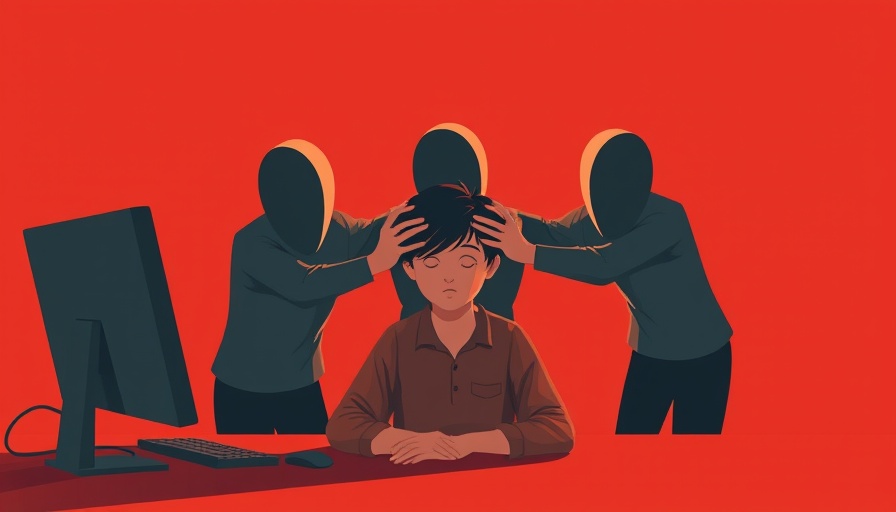
Rethinking Self-Defense: Is Hitting Back the Answer?
In today’s contentious parenting landscape, Louisiana mom Brittany Norris ignited a heated debate with her unapologetic view on handling bullies. After posting a TikTok video where she advocates for her children to 'hit back harder', Norris's words have stirred up fervent support and pointed criticism alike.
“Handle it yourself, hit back, defend yourself,” she stated with a combative emphasis that resonated with many followers who echoed her sentiments. Over 42,000 likes on her video indicate a widespread, albeit controversial, agreement with the idea that in some cases, physical self-defense is necessary.
The Playground Battle: A Chicken-or-Egg Dilemma
Norris's stance dovetails with an age-old debate: should children stand up for themselves physically, or seek help from adults? Proponents of her view argue that learning to respond to aggression is vital and that today's children need skills that traditional schooling might overlook. “Defending yourself is a skill you need in the real world,” one follower opined, suggesting that assertiveness could be an asset in the face of bullying.
However, many educators and child psychologists raise valid concerns. They emphasize the dire implications of teaching children to respond with violence. One elementary school teacher highlighted a troubling reality—if children are conditioned to resist bullying without adult intervention, significant issues arise regarding child safety and classroom management.
Fueling the Fire: The Risks of Violence
Critics of the 'hit back harder' approach argue it breeds a culture of violence. “This teaches kids to solve problems with violence instead of seeking help,” a concerned parent pointed out, voicing a common lament among those who prefer dialogue over aggression. Experts warn that such attitudes can exacerbate existing conflicts rather than alleviate them.
Moreover, a psychologist who specializes in child behavior noted that while self-advocacy is crucial, instilling an understanding of conflict resolution methods is equally important. “Encouraging children to communicate their struggles instead of strictly resorting to physical solutions can cultivate a more compassionate social environment,” they advised.
Balancing Self-Defense with Communication
The discussion surrounding Norris's viewpoint underscores the complexities of parenting in a digital age rife with cyberbullying and aggression. With platforms like TikTok amplifying voices, the challenge for parents is determining healthy boundaries for their children. Many parents are torn between teaching self-defense and ensuring their kids understand the value of consultation and support.
The emotional toll of bullying can be profound, not just for the victim but for witnesses as well. As such, navigating these dynamics calls for a multifaceted approach. Teaching children the nuances of conflict resolution—encrypted with empathy—could prove essential in reducing confrontations on the playground.
Empowerment vs. Violence: Seeking Middle Ground
Perhaps the most important takeaway from this debate is the need for balance. While instilling resilience and assertiveness in children is critical, it must go hand-in-hand with methods of peaceful conflict resolution. Parents can empower their kids to stand up for themselves while also encouraging them to engage in dialogue and seek adult intervention when necessary.
This dual approach may pave the way for a future generation equipped not only to defend themselves but also to resolve disputes amicably, navigating the complexities of relationships with care and consideration.
Conclusion: Make Your Voice Count
The ongoing discourse surrounding physical retaliation in the face of adversity reflects larger issues within family and educational systems. As parents, fostering environments where children learn to confidently express their boundaries while valuing non-violent conflict resolution is crucial. Take the suggestions of experts and foster an inclusive dialogue about bullying and the tools necessary to combat it on multiple fronts.
 Add Row
Add Row  Add
Add 




Write A Comment